
The Importance of Classroom Jobs in Special Education
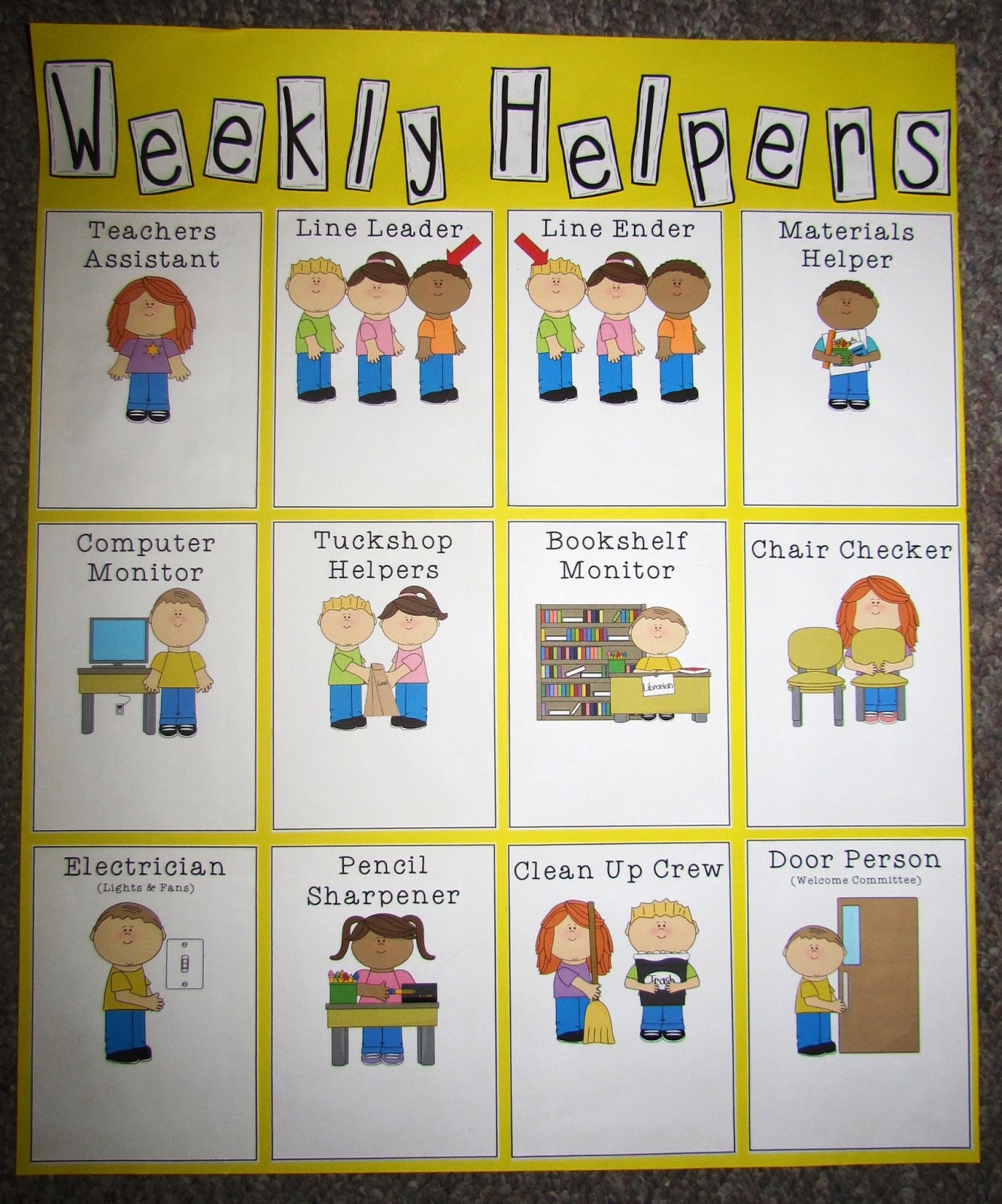
Classroom jobs play a crucial role in special education settings, fostering a sense of responsibility, independence, and community among students. Assigning specific tasks to students not only helps them develop essential life skills but also promotes their social and emotional growth. This article will explore the significance of classroom jobs in special education and provide some examples of jobs that can be implemented in these settings.
Benefits of Classroom Jobs for Special Education Students

There are numerous benefits associated with assigning classroom jobs to special education students. Firstly, it empowers them by giving them a sense of purpose and ownership over their classroom environment. Having responsibilities helps boost their self-esteem and confidence.
Additionally, classroom jobs provide opportunities for students to practice and develop various skills. They learn about time management, organization, and following instructions. These skills are transferable and can be applied in other aspects of their lives.
Moreover, by assigning classroom jobs, teachers can promote a sense of belonging and community among students. Working together to maintain the classroom creates a supportive and collaborative atmosphere.
Types of Classroom Jobs for Special Education Students

There are various types of classroom jobs that can be assigned to special education students. The specific jobs chosen may vary based on the needs and abilities of the students. Here are some examples:
1. Line Leader
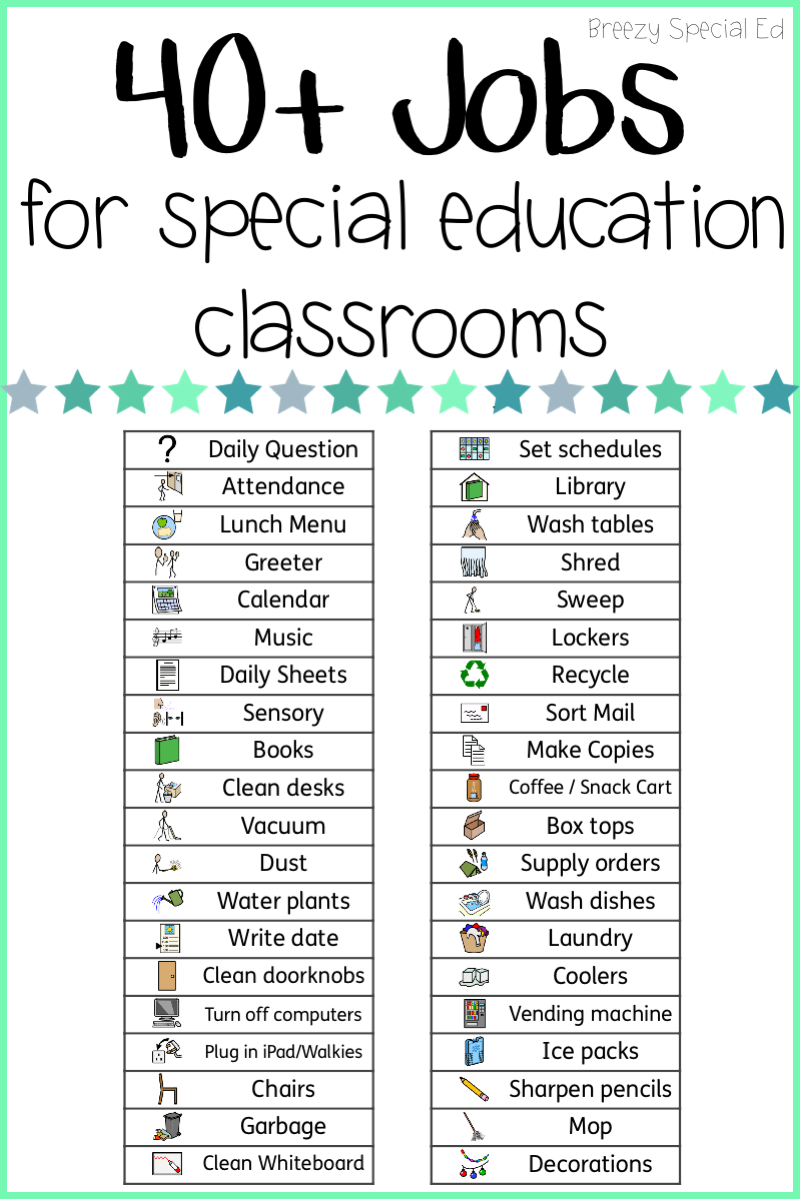
The line leader is responsible for leading the class during transitions, such as moving from one classroom to another or going to the cafeteria. This job helps develop leadership skills and promotes organization within the class.
2. Calendar Helper

The calendar helper is in charge of updating the classroom calendar, marking important dates, and discussing upcoming events with the class. This job enhances students' understanding of time and helps them develop organizational skills.
3. Materials Manager
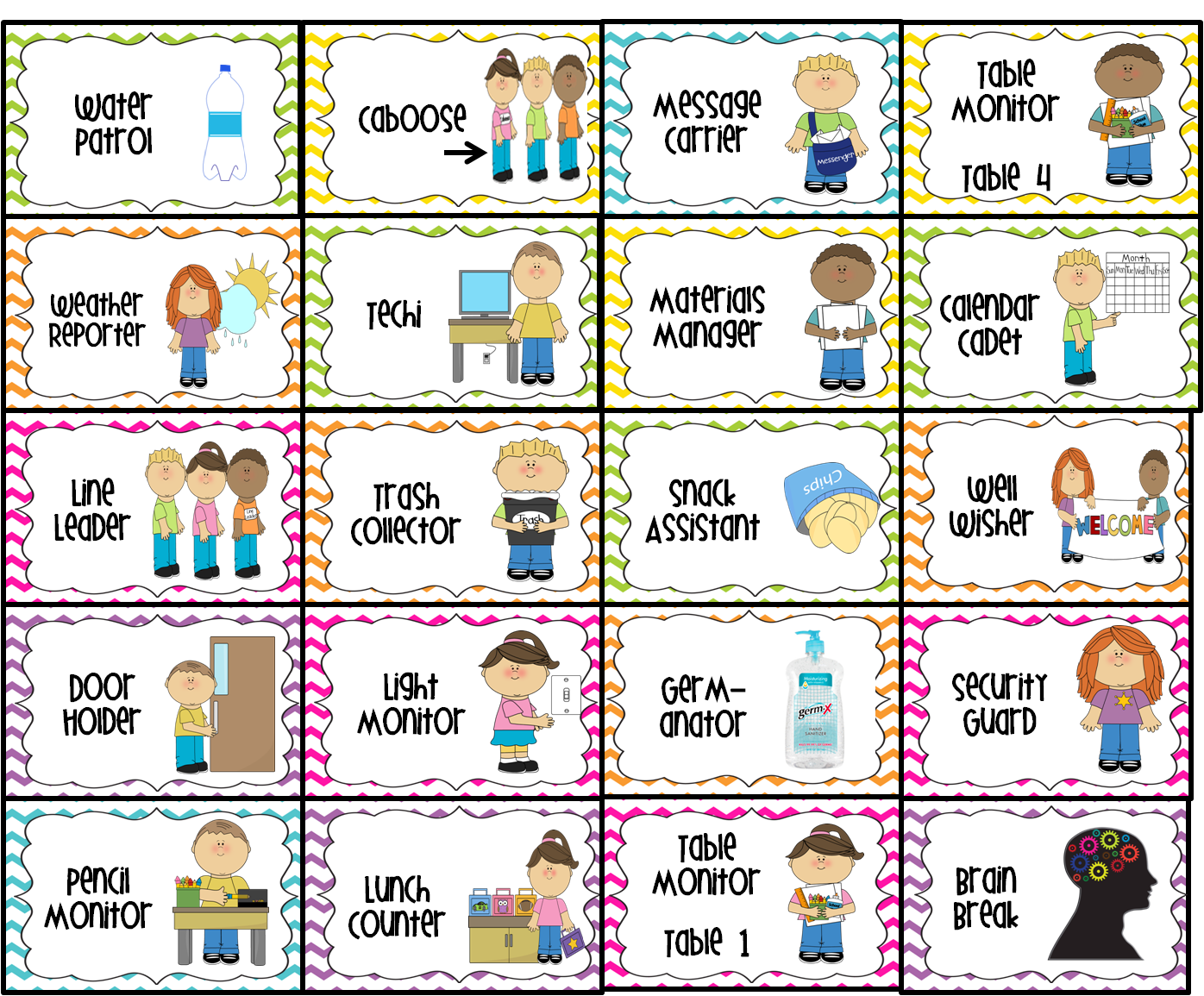
The materials manager ensures that all necessary materials and supplies are readily available for classroom activities. This job encourages responsibility and helps students develop organizational and problem-solving skills.
4. Classroom Librarian

The classroom librarian is responsible for organizing and maintaining the classroom library. They can assist their peers in finding books and keeping the library area tidy. This job promotes literacy skills and encourages a love for reading.
5. Snack Helper
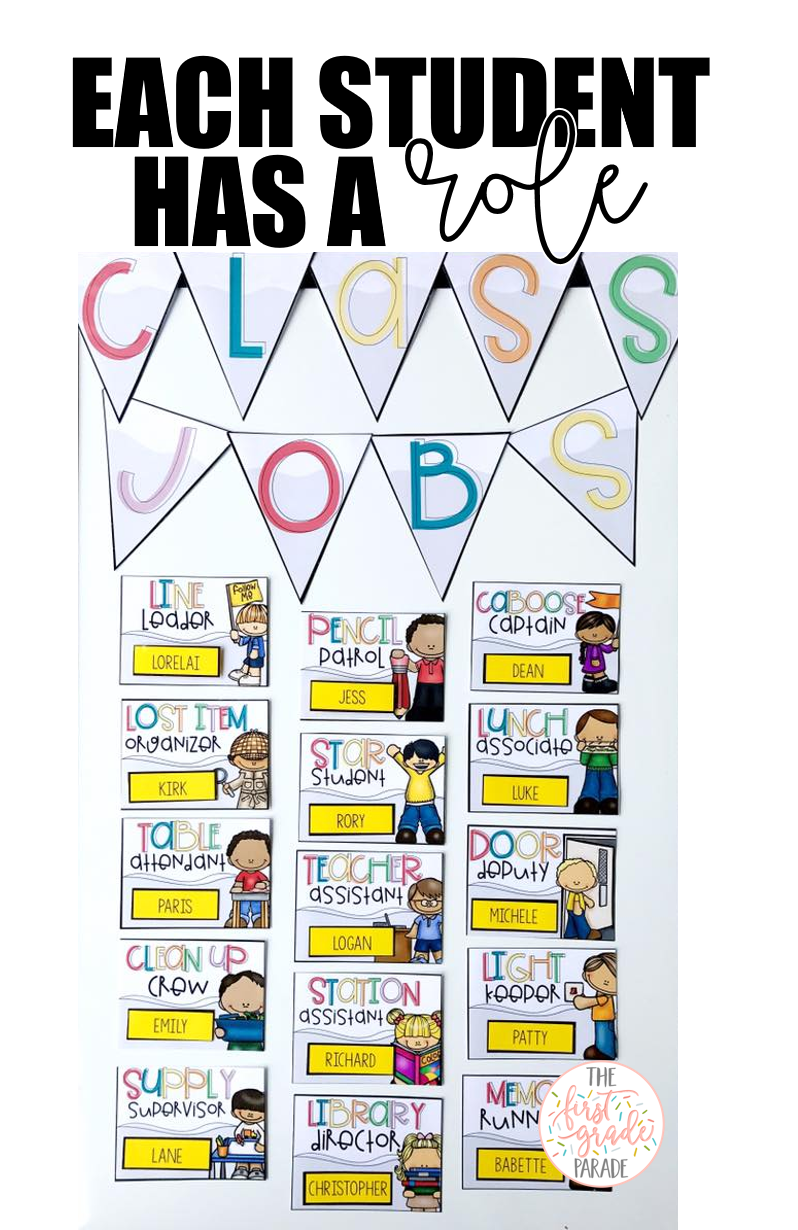
The snack helper assists the teacher in distributing snacks and drinks during designated times. This job teaches students about responsibility, organization, and promotes good manners and social skills during snack time.
6. Morning Greeter
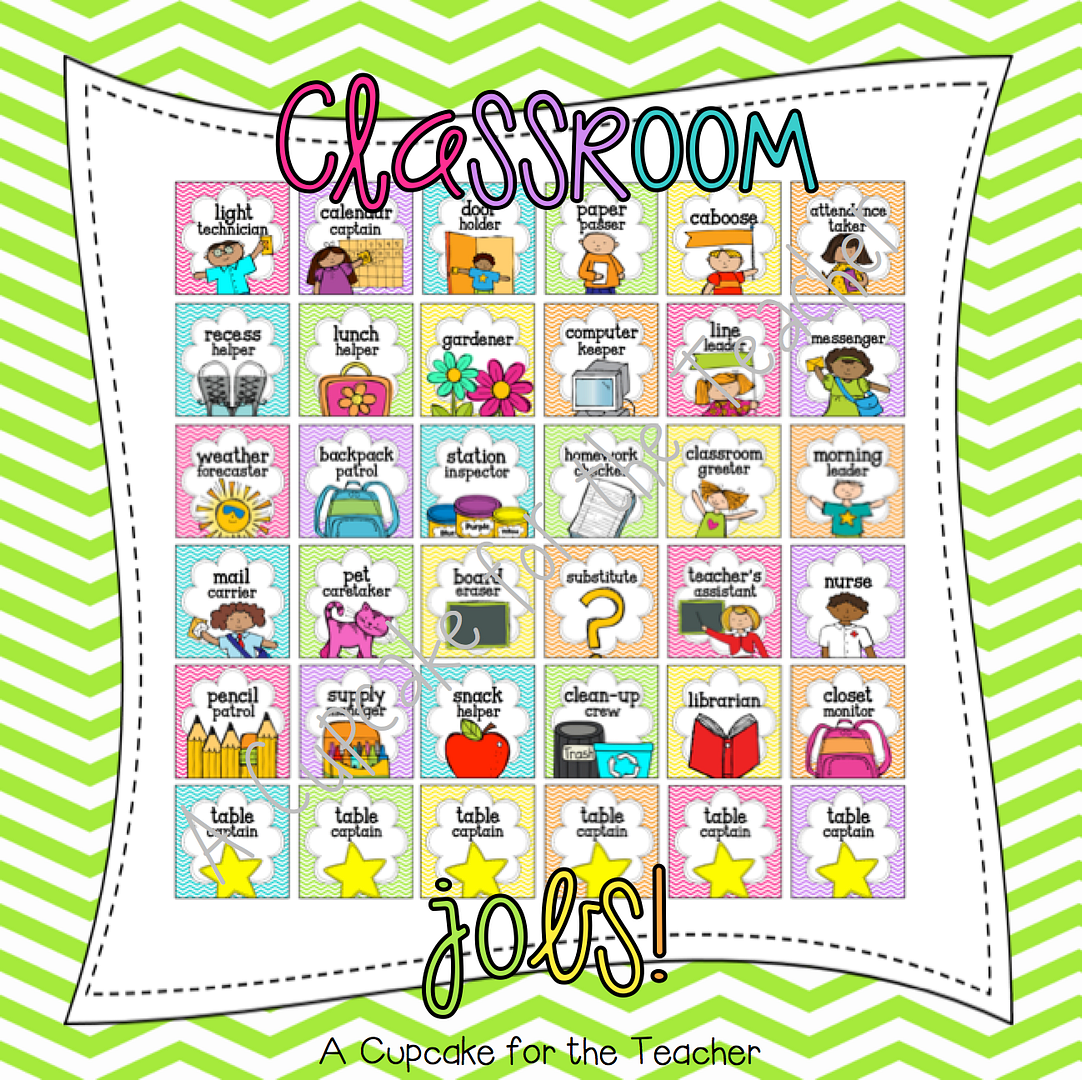
The morning greeter welcomes classmates and visitors to the classroom, fostering a positive and inclusive environment. This job encourages social interaction and helps students develop communication skills.
Implementing Classroom Jobs in Special Education Settings
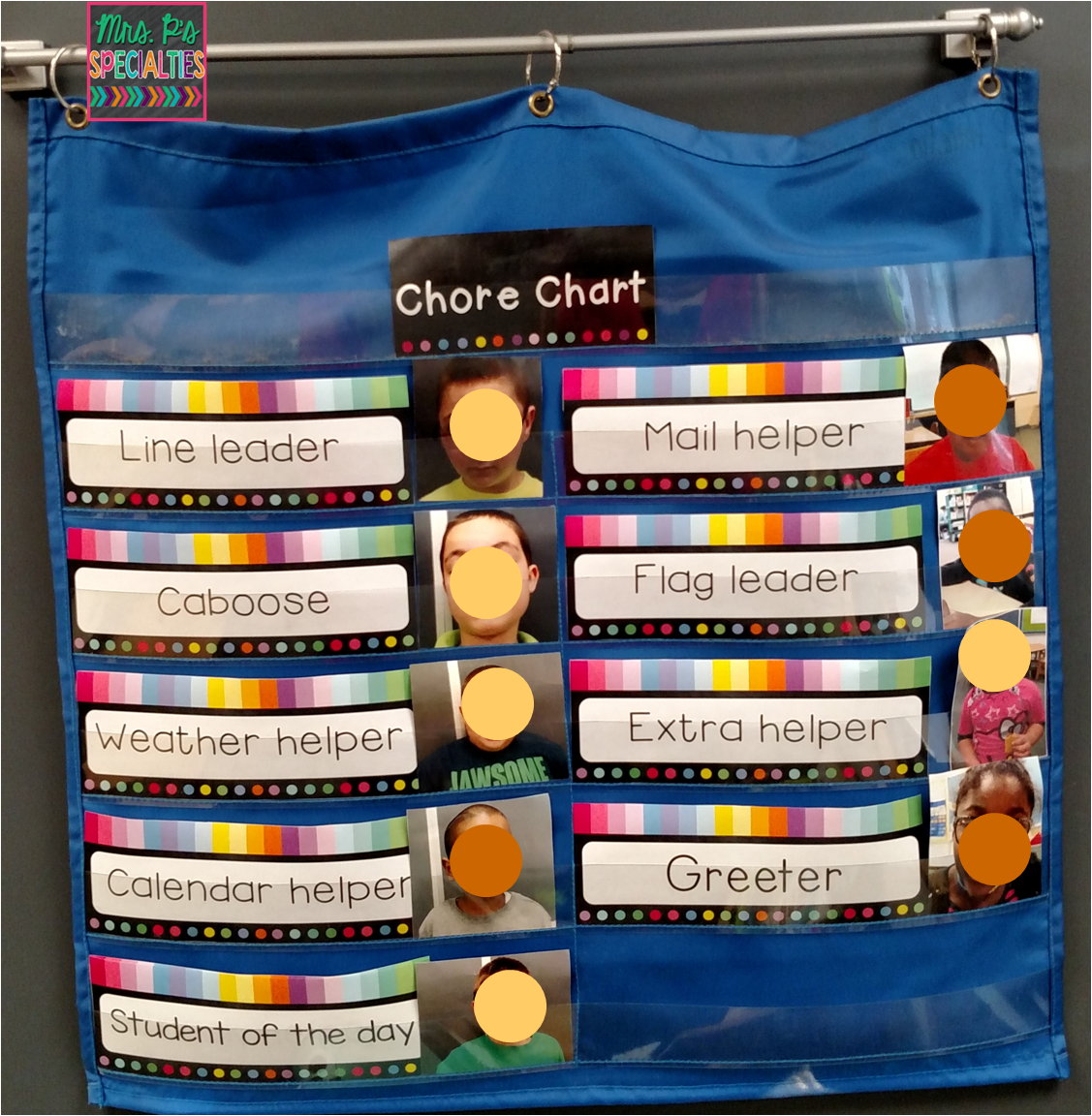
When implementing classroom jobs in special education settings, it is essential to consider the individual needs and abilities of the students. Here are some tips for successful implementation:
1. Assess and Assign Jobs

Take into account each student's strengths, interests, and abilities when assigning jobs. Ensure that the tasks are appropriate and achievable for their skill level.
2. Provide Clear Instructions
Clearly explain the expectations and responsibilities associated with each job. Use visual supports, such as pictorial job charts or written instructions, to aid comprehension.
3. Rotate Jobs Regularly
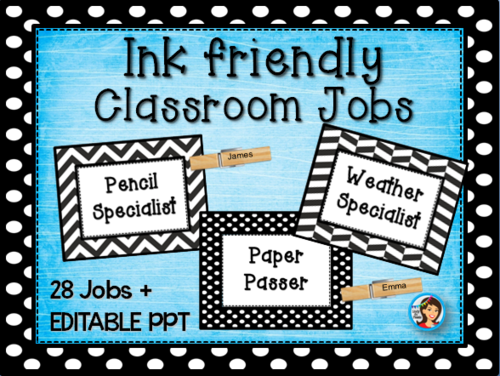
Rotate classroom jobs periodically to give students the opportunity to experience different roles and develop new skills. This also prevents boredom and ensures the jobs remain engaging.
4. Provide Support and Feedback

Offer support and guidance as needed to ensure students feel confident in their assigned tasks. Provide constructive feedback and praise their efforts to motivate and encourage their continued growth.
Conclusion
Implementing classroom jobs in special education settings can have a significant positive impact on students. These jobs promote independence, responsibility, and a sense of community. By assigning appropriate tasks and providing support, teachers can help their students develop essential life skills and enhance their overall educational experience.